Filter by
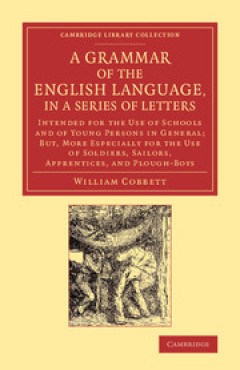
A Grammar of the English Language, in a Series of Letters Intended for the U…
Indefatigable as a writer and reformer on rural and political questions in his native Britain, William Cobbett (1763–1835) wrote the present work during the period he spent as a farmer in the United States. Intended for young people and especially 'soldiers, sailors, apprentices, and plough-boys' (Cobbett had himself been one of the latter), it provides concise and practical explanations of g…
- Edition
- -
- ISBN/ISSN
- 9781107256606
- Collation
- -
- Series Title
- Cambridge Library Collection - Literary Studies
- Call Number
- -
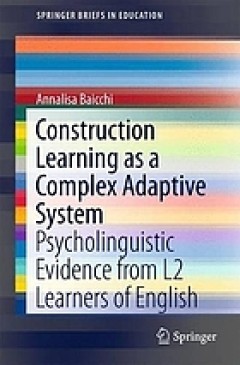
Construction learning as a complex adaptive system : psycholinguistic evidenc…
This book presents the current state of the art on Construction Grammar models and usage-based language learning research. It reports on three psycholinguistic experiments conducted with the participation of university-level Italian learners of English, whose second language proficiency corresponds to levels B1 and B2 of the 'Common European Framework of Reference for Languages' (CEFR). This em…
- Edition
- -
- ISBN/ISSN
- 9783319182698
- Collation
- ix, 131 pages
- Series Title
- -
- Call Number
- 420
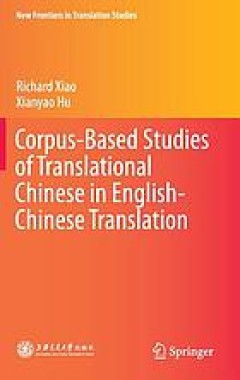
Corpus-Based Studies of Translational Chinese in English-Chinese Translation
This book takes a corpus-based approach, which integrates translation studies and contrastive analysis, to the study of translational language. It presents the worlds first balanced corpus of translational Chinese, which, in combination with a comparable native Chinese corpus, provides a reliable empirical basis for a comprehensive account of the macro-statistic, lexical, and grammatical featur…
- Edition
- 1
- ISBN/ISSN
- 9783642413636
- Collation
- XVII, 205
- Series Title
- New Frontiers in Translation Studies
- Call Number
- 420
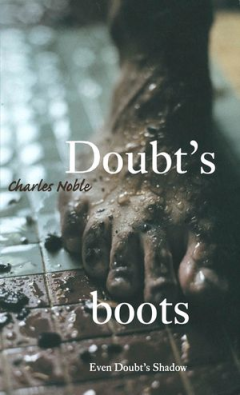
Doubt's Boots Even Doubt's Shadow
Charles Noble’s long poem playfully connects autobiography, narrative, philosophy, history, and satire and experiments with language and structure in a way that pushes the limits of contemporary poetry. Noble leaves no leaf unturned as he touches on issues related to contemporary Western society, including mass media culture, gender politics, postindustrial technology, and the politics of pos…
- Edition
- -
- ISBN/ISSN
- 9781552386668
- Collation
- -
- Series Title
- -
- Call Number
- 821
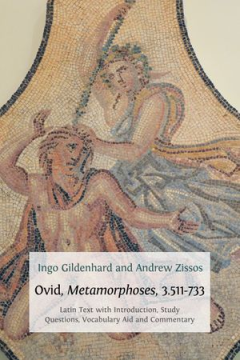
Ovid, Metamorphoses, 3.511-733
This extract from Ovid's 'Theban History' recounts the confrontation of Pentheus, king of Thebes, with his divine cousin, Bacchus, the god of wine.
- Edition
- -
- ISBN/ISSN
- 9781783740840
- Collation
- -
- Series Title
- -
- Call Number
- 821
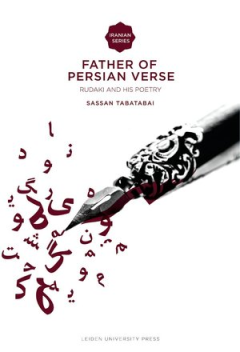
Father of Persian Verse Rudaki and his Poetry
This book presents Rudaki as the founder of a new poetic aesthetic, which was adopted by subsequent generations of Persian poets. Rudaki is credited with being the first to write in the ruba'i form; and many of the images we first encounter in Rudaki's lines have become staples of Persian poetry.
- Edition
- -
- ISBN/ISSN
- 9789087280925
- Collation
- -
- Series Title
- -
- Call Number
- 821
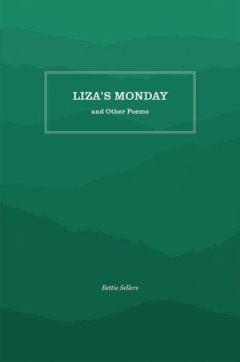
Liza's Monday and Other Poems
Published in 1986, Bettie Sellers's book of poems speaks for ordinary women whose lives have been confronted with unfortunate circumstances. Writing in a narrative and lyrical style, Sellers brings life to new stories and songs based on the downtrodden women she has encountered.
- Edition
- -
- ISBN/ISSN
- 9781469636542
- Collation
- -
- Series Title
- -
- Call Number
- 821
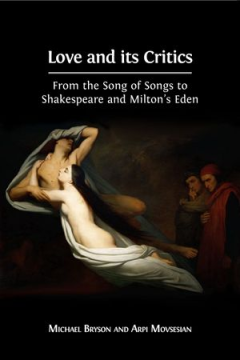
Love and its Critics
This book is a history of love and the challenge love offers to the laws and customs of its times and places, as told through poetry from the Song of Songs to John Milton’s Paradise Lost.
- Edition
- -
- ISBN/ISSN
- 9781783743506
- Collation
- -
- Series Title
- -
- Call Number
- 821
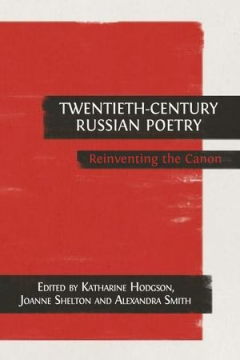
Twentieth-Century Russian Poetry
The canon of Russian poetry has been reshaped since the fall of the Soviet Union.
- Edition
- -
- ISBN/ISSN
- 9781783740895
- Collation
- -
- Series Title
- -
- Call Number
- 821
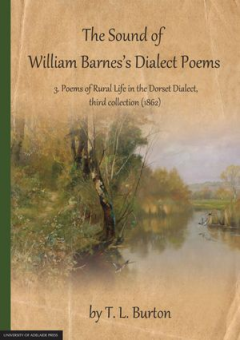
The Sound of William Barnes's Dialect Poems, Volume 3: Poems of Rural Life in…
This is the third volume in a series that sets out to provide a phonemic transcript and an audio recording of each individual poem in Barnes’s three collections of Poems of Rural Life in the Dorset Dialect.
- Edition
- Vol. 3
- ISBN/ISSN
- 9781925261585
- Collation
- -
- Series Title
- -
- Call Number
- 821
 Computer Science, Information & General Works
Computer Science, Information & General Works  Philosophy & Psychology
Philosophy & Psychology  Religion
Religion  Social Sciences
Social Sciences  Language
Language  Pure Science
Pure Science  Applied Sciences
Applied Sciences  Art & Recreation
Art & Recreation  Literature
Literature  History & Geography
History & Geography